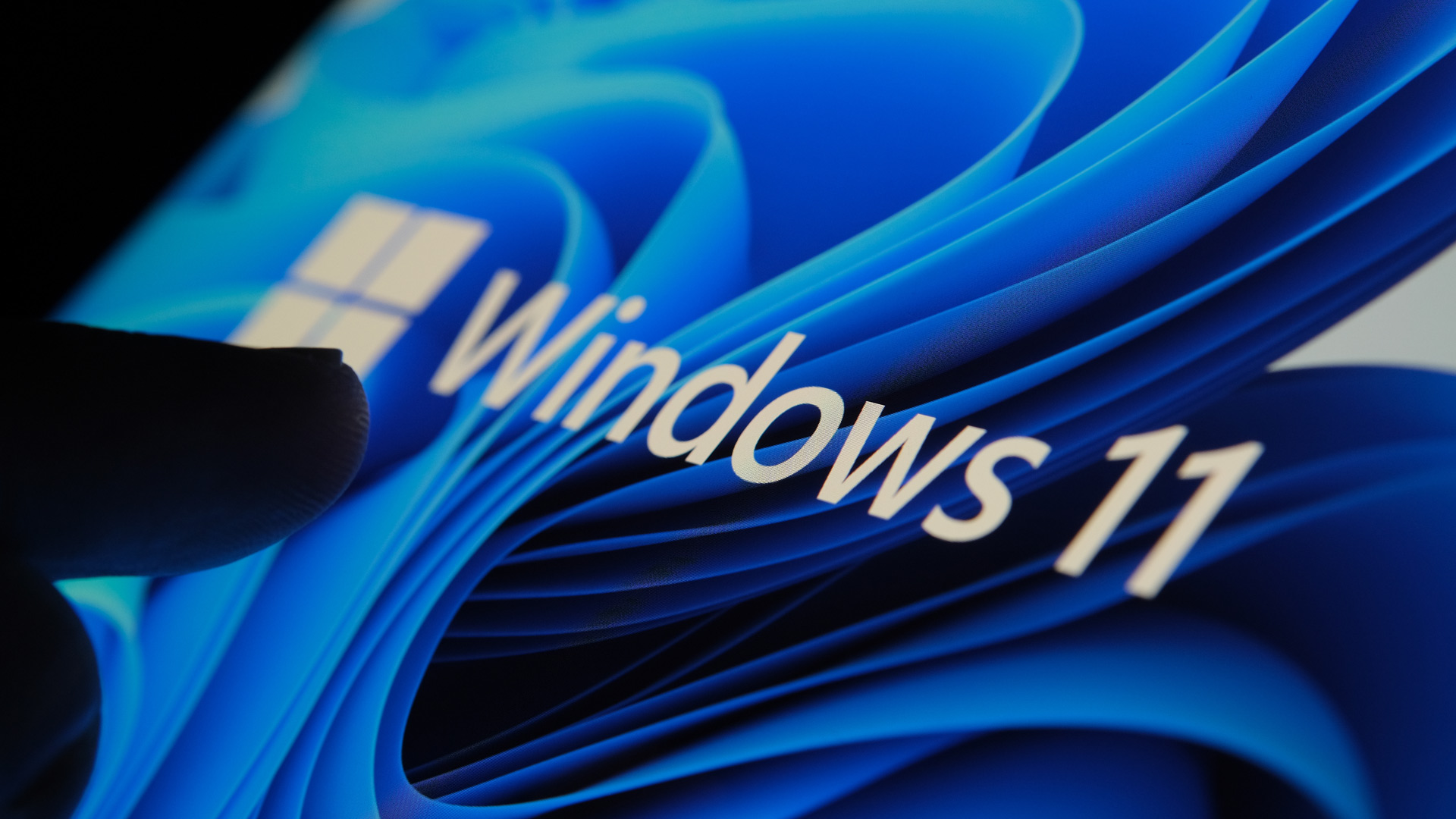Windows 11 update accidentally brings the OS to older machines
Before being swiftly removed

Sign up for breaking news, reviews, opinion, top tech deals, and more.
You are now subscribed
Your newsletter sign-up was successful
The first major update to Windows 11 (allegedly called Sun Valley 2) is reportedly ready for release, but some last-minute testing appears to have raised questions about Microsoft's strict hardware requirements to run the operating system. It was accidentally released to almost every member of the Windows Insider Program within the Release Preview - including unsupported devices.
As reported by Windows latest, Microsoft pushed Windows 11 22H2 in the Release Preview Channel on June 7, which includes features such as drag and drop, a better Start menu, a new Task Manager, and Mica for Win32 apps.
Some users on Reddit quickly noticed that they also received updates on systems that don't officially support the OS due to its TPM 2.0 requirements or use of older processors.
my_6700k_desktop_gtx_1080_32gb_ram_became from r/Windows11
Something to note is that other users in the same Reddit thread also confirmed that despite being in the Insider Program, their own unsupported machines did not receive the update, so this doesn't appear to be something that has landed on every system.
my_6700k_desktop_gtx_1080_32gb_ram_became from r/Windows11
Regardless, the update has since been removed entirely and Microsoft has come forward with a statement, claiming there are no plans to change the current hardware requirements for Windows 11. “It’s a bug and the right team is investigating it,” Microsoft noted. “The requirements have not changed”.
Only members of the Insider Program will have been affected by this issue. As for a full release of 22H2, most sources are currently estimating an October release date for when Sun Valley 2 will be available to the public, landing on the one-year anniversary of Windows 11 from October 2021.
Analysis: Where there's a Windows, there's a way
Some things are just a given: water is wet, you should be wearing sunscreen when you go outside, and if you give people a means to mess around with software, they will.
Sign up for breaking news, reviews, opinion, top tech deals, and more.
Windows essentially breaking its own hardware requirements for Windows 11 could encourage some developers and hobbyists to find additional workarounds in order to bring the operating system to older machines, even if a bug was the original cause. The fact that it occurred purely by mistake is indication enough that it might be easier than you'd assume.
Let us be clear: we do not condone or suggest doing so as Microsoft has justified its decision to omit certain systems and hardware under security concerns, likely in a bid to make Windows 11 its safest operating system to date. That doesn't mean that curiosity won't get the better of some people though.

Jess is a former TechRadar Computing writer, where she covered all aspects of Mac and PC hardware, including PC gaming and peripherals. She has been interviewed as an industry expert for the BBC, and while her educational background was in prosthetics and model-making, her true love is in tech and she has built numerous desktop computers over the last 10 years for gaming and content creation. Jess is now a journalist at The Verge.